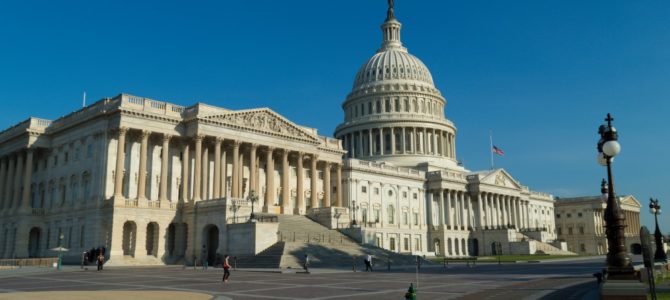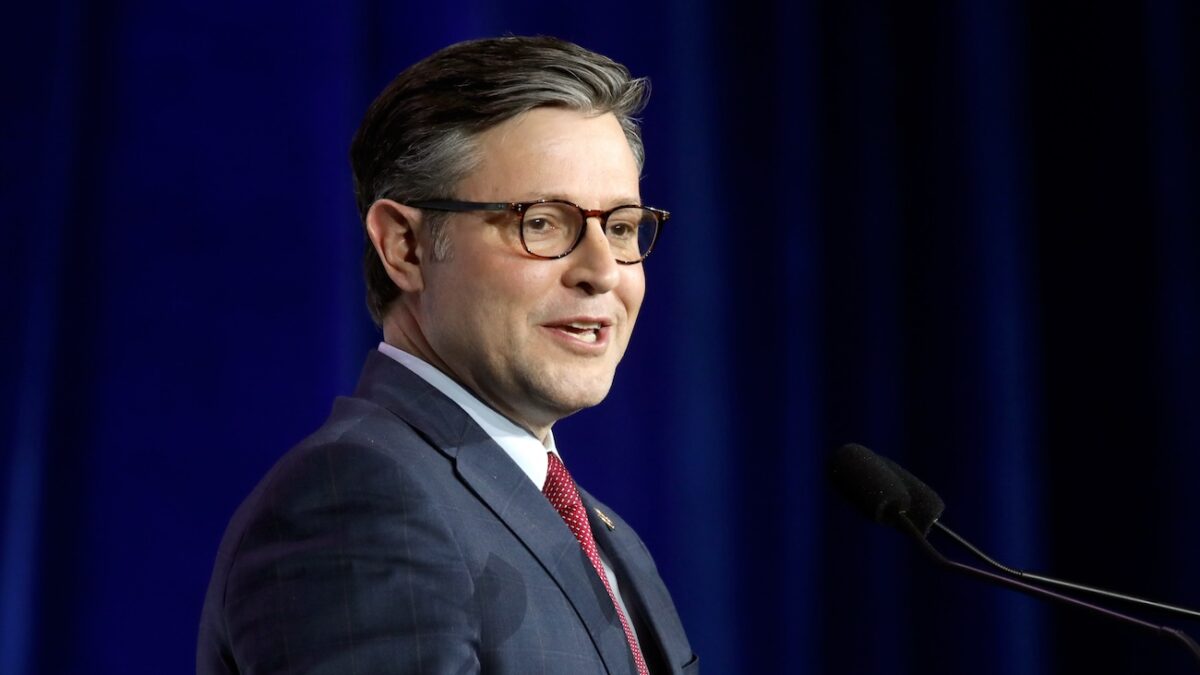
It appears House Republicans need to become re-acquainted with the late Democratic Speaker of the House Sam Rayburn and humorist Mark Twain. Both men famously commented on the lack of educational value of the second kick of a mule, which aptly describes the actions of the Republican conference in endorsing a return to congressional earmarks.
These earmarks—or, as lawmakers now wish to rebrand them, “community project funding”—bred corruption and scandals during their heyday in the 2000s. Just as important, they also led Republicans to abandon any sense of fiscal discipline.
At a time the party should be looking to re-establish its bona fides on controlling wasteful spending, the earmark vote shows that far too many purportedly conservative lawmakers want to partake in the big-government excesses of the Biden era.
Transparency Much?
The Capitol Hill publication Roll Call noted that the House Republican Conference resolution says that “Members must publicly disclose their earmark requests when submitted and affirm that neither the lawmaker nor immediate family members have a financial interest in such projects.” These guardrails comport with the supposed “transparency” guidelines for earmarks established by House Democrats in February.
But the rhetoric about transparency seems a bit ironic, given that the Republican Conference voted to restore earmarks via a secret ballot at the end of a closed-door session, with only the 102-84 outcome of the vote disclosed. If House Republicans support such a “transparent” process for earmarks, then why weren’t they willing to debate the matter in public, and take a vote on supporting earmarks out in the open, where their constituents could see it?
Invitation to Corruption
A congressional training session on the new earmark guidelines, leaked to the American Accountability Foundation and provided to The Hill, also shows how, upon closer inspection, the supposed transparency and oversight guardrails to protect against legislative corruption appear paper-thin. (Disclosure: I worked in the Senate with the foundation’s co-founder, Tom Jones.)
In the Zoom session, when asked about potentially problematic earmarks—for instance, those that would benefit a campaign contributor to the representative requesting the earmark—a staffer for the House Appropriations Committee said, “the optics are bad, but the rules of the House would be sufficed because there is no immediate family interest.”
In another case, when asked about an earmark requested by a lobbyist who had contributed to the requesting representative’s campaign, the appropriations staffer suggested consulting the House Ethics Committee for guidance.
One gets the overall impression that most of the new earmark rules and guidelines will involve self-enforcement. Of course, self-enforcement—to say nothing of fear of criminal prosecution—didn’t stop former Rep. Duke Cunningham, R-Calif., from soliciting bribes from multiple defense contractors, who received lucrative federal contracts in exchange. In late 2005, Cunningham pled guilty to several counts of bribery and corruption; he served more than seven years in prison, but received a pardon from President Trump on Trump’s last day in office this January.
Gateway to More Spending
Earmarks don’t just lead to corruption and graft, they also promote big government. By providing “sweeteners” for members of Congress who vote for massive spending packages—legislation members rarely have a chance to read, let alone understand—they lead to increases in spending not just on earmarked projects, but throughout the federal government.
Little wonder then that back in December, House Transportation and Infrastructure Committee Chairman Peter DeFazio, D-Ore., called earmarks “absolutely critical” to enacting a major infrastructure measure. DeFazio hoped that he could use earmarks to help (legally) buy off Republican votes he would not otherwise obtain, helping to pass a bill that could cost $3 trillion, while including all sorts of “green” pork projects and new climate regulations.
In that sense, therefore, earmarks have an effect well beyond a million dollars for a teapot museum, or even the infamous “Bridge to Nowhere.” Rather, as with the backroom deals that helped Obamacare get enacted into law, they pave the way for trillions of dollars in spending that lawmakers might not otherwise support.
Inauspicious Sign
Over the past four years, Republicans have grown to support trillions and trillions of dollars in higher spending. The party not only enacted a tax bill without attempting to reduce federal program spending to pay for that tax relief, it also blew through prior spending caps that Republicans fought so hard to create under President Obama, and repealed the first and (thus far) only cap on entitlement spending.
Given that history over the past four years, reinstating earmarks presents a bad sign for the next four years to come. After all, if Republicans will use parochial pork projects as a justification to support the Biden administration’s proposed massive increases in federal spending, deficits, and debt, then what exactly separates the GOP from the tax-and-spend lawmakers in the Democrat ranks?









